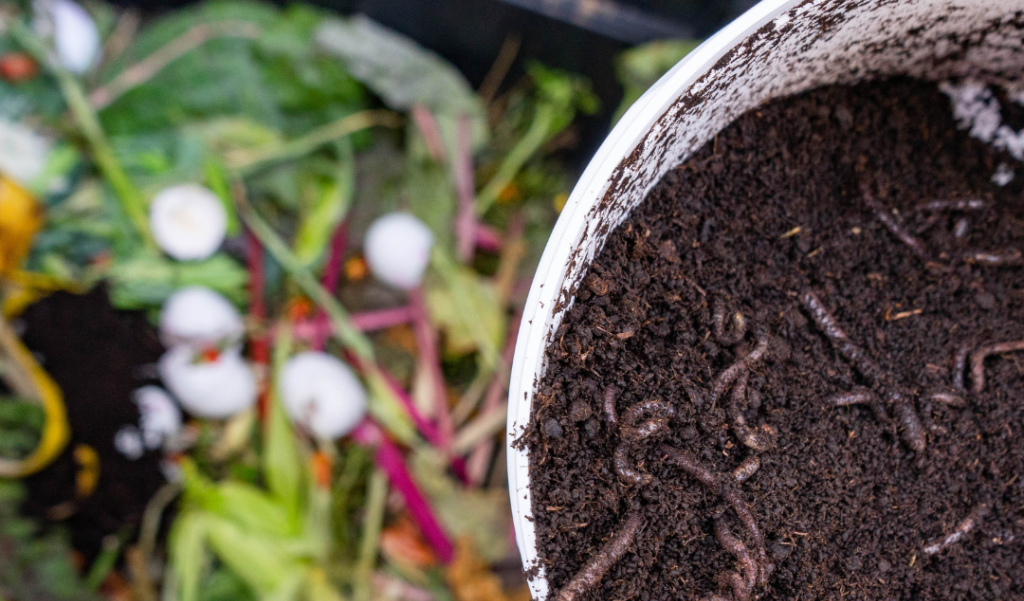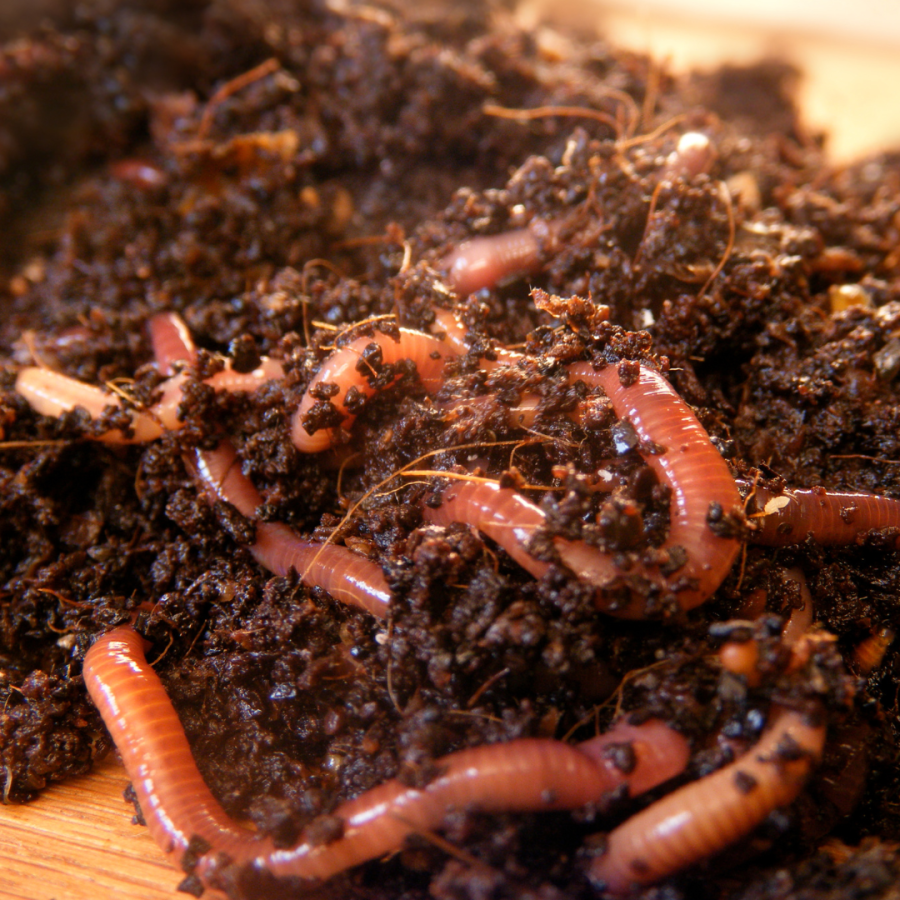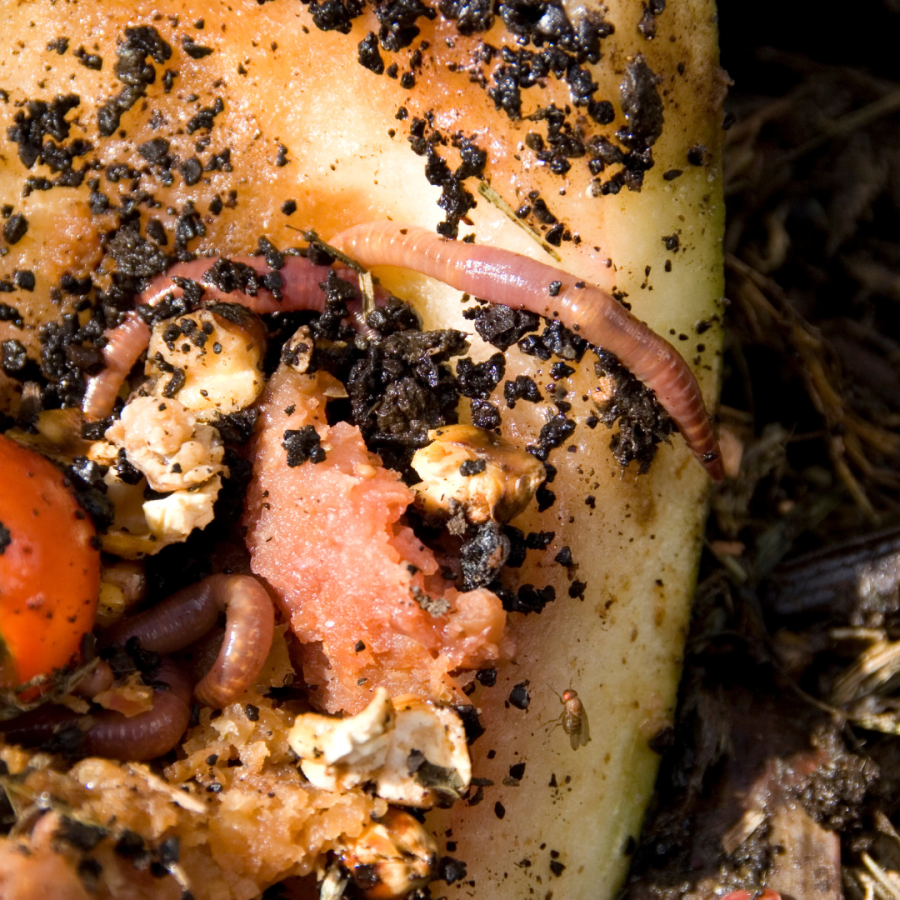Worm composting, also known as vermiculture, is the process of using worms to decompose waste into nutrient-rich compost. These industrious worms consume food scraps into organic matter, which can be used to enhance garden soil. The method is environmentally friendly and helps reduce waste.
Compost worms play a crucial role in the composting process due to their ability to break down organic matter quickly and efficiently. Let’s dig into their benefits!
These hard-working dirt dwellers accelerate the breakdown of organic matter, turning food scraps and garden waste into rich, nutrient-dense compost. They help recycle nutrients back into the soil, making them available for plants and enhancing soil fertility. Worms: the real MVP's.
What are considered the best worms for composting? Red wigglers are considered first-rate because they thrive on eating rotting vegetative material. They help enrich the pile and speed up its decomposition—a real jack-of-all-trades worm. Many others will do just fine, including the blue worm, the African nightcrawler, and the Alabama or Georgia jumpers. You can find worms at any bait shop or online.
How do you add worms to your compost bin? It’s important to keep the worms cool and introduce them to your soil within 48 hours. Dig some small holes, about the size of a golf ball, and add five to eight worms in each. Cover them gently with soil. Try to add the worms in the morning to ensure they adapt quickly and keep them safe from predators.
You’ve got them all moved in; now, how do you keep these wonder workers healthy? These down-to-earth wrigglers don’t require much to stay active.


